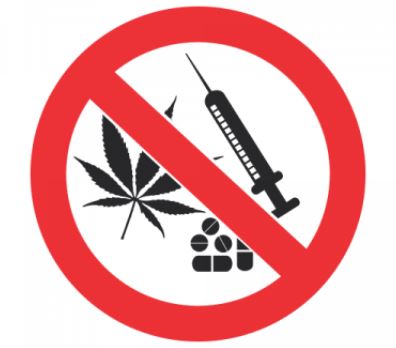A significant effect of cigarettes taxation to reduce consumption
Cigarette taxation is a measure used by governments to reduce the consumption of tobacco products. The idea behind this strategy is to make cigarettes less affordable, thereby reducing their demand and, as a result, lowering the rates of smoking and related health problems. In this blog, we’ll explore the significant effect of cigarette taxation on reducing consumption and why it has become an effective policy tool for many governments around the world.
The first and most obvious effect of cigarette taxation is the increase in price. When the cost of a pack of cigarettes goes up, some smokers may choose to quit or reduce their consumption, as they become less able to afford the habit. Research has shown that as the price of cigarettes increases, the number of smokers decreases, and the amount they smoke decreases.
Moreover, increased taxes on cigarettes make it harder for young people to afford them, which can help to reduce the rate of smoking among the youth. Young people are more price-sensitive, and a hike in the price of cigarettes may discourage them from taking up the habit. In turn, this can reduce the number of new smokers and the overall number of smokers in the long run.
Cigarette taxation also generates revenue for governments. The revenue generated from cigarette taxes can be used to fund anti-smoking campaigns, healthcare initiatives, and other public health measures. This not only helps to reduce the consumption of tobacco products but also has a positive impact on the health of the population.
Another beneficial effect of cigarette taxation is that it can reduce the disparities in smoking rates among different populations. Low-income groups are more likely to smoke, and the high cost of cigarettes can help to reduce this disparity by making it less affordable for them. This not only reduces the number of smokers in these populations but also improves their health outcomes and overall quality of life.
In conclusion, a cigarette taxation is a significant tool in reducing the consumption of tobacco products. By increasing the price of cigarettes, making them less affordable, and generating revenue for public health initiatives, cigarette taxes have a positive impact on the health of the population. Moreover, by reducing the number of young people who take up smoking and reducing disparities in smoking rates, cigarette taxation helps to create a healthier future for all.
For more health-related blogs please visit blogs on this website or this page on nashaband.com To purchase Nasha Band, please visit this page.




